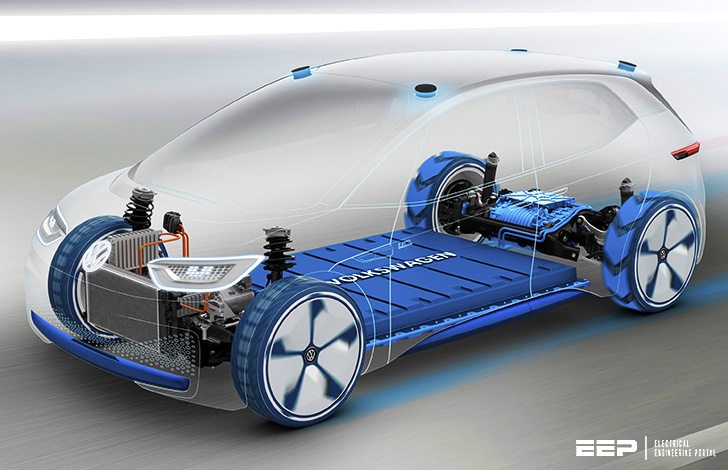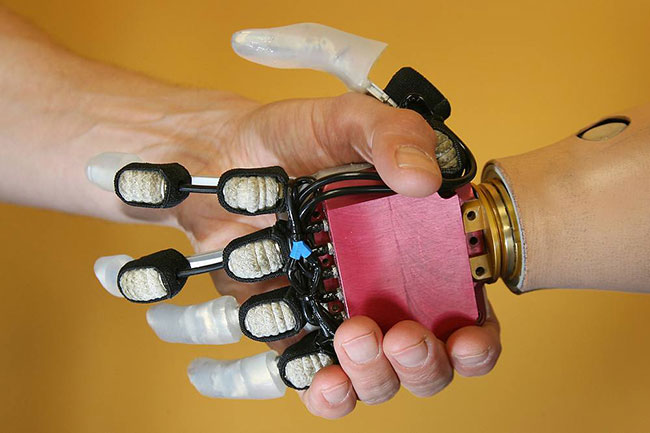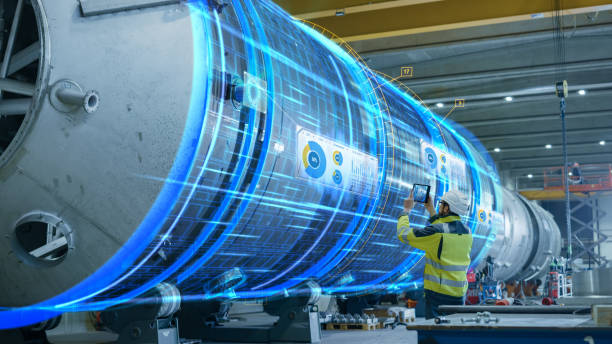Mechanical Engineering is viewed as the broadest of all designing orders, principally because of the field’s cover with different zones of study, for example, Civil, Chemical, and Industrial engineering. Subsequently, mechanical engineers can be seen working on a wide variety of projects in various industries.

The adaptability of this field has truly led to rich occupation possibilities for mechanical engineers, and the equivalent appears to remain constant for what’s to come. As indicated by the U.S. Bureau of Labor Statistics, somewhere in the range of 2018 and 2028, employment for mechanical engineers is expected to develop at 4% yearly. They do, however, likewise notice that this rate will undoubtedly support the individuals who keep up to date with the most recent mechanical advances.
SOME REASSURING SECTORS FOR TOMORROW’S MECHANICAL ENGINEERS
As a result of technological developments, these new subject areas are prerequisites for a range of evolving and exciting fields, including artificial AI, biomechatronic, nanotechnology, etc. Let’s look at each of these trends individually to see what the future holds for the engineers of today and tomorrow.
1. THE ELECTRIC VEHICLES (EV); MECHANICAL ENGINEERING IN AUTOMOBILE INDUSTRY
Transportation industry is one of the largest sources of greenhouse gas emissions. The growth of electric vehicles has been helped by mounting demands to use renewable energy sources. While mechanical engineers have consistently been fundamental in the auto industry, their job is crucial now like never before.
Perhaps the biggest transition is the succession of internal combustion engines by cleaner power systems based on batteries. This change is substantial, but it should not be perceived as eliminating the bulk of all mechanical engineering tasks for typical vehicles. Anticipating the growth of EV back in 2012, the American Society of Mechanical Engineers (ASME) highlighted the many problems that engineers need to pay particular attention to, including:
- It is important to substitute different composites, plastics and aluminum alloys with sheet-metal steel, which is crucial for electric motor torque and mitigates the overall loss of heat energy.
- Increased demand for batteries containing lithium-ion (Li-ion). The demand for vehicle-specific Li-ions was estimated at $7.8 billion by Navigant Research in 2015 and expected to hit $30.6 billion in 2024.
- Design, testing, and implementation of the various EV support infrastructures. Mechanical engineers, for example, may contribute to the roadside charging stations required for an EV to be recharged on the go.
Besides, as vehicle production turns out to be more robotized, mechanical engineers will be up front in the plan of advanced mechanics and sequential construction systems.

Energy Efficiency
2. NANOTECHNOLOGY; ANOTHER BIG SECTOR FOR MECHANICAL ENGINEERING
As the ASME itself has recognized, there is substantial overlap between Nanoengineering and Mechanical engineering.
Nanotechnology applies to material processing at the smallest scales. This rapidly rising sector is one that promises mechanical engineers ample opportunities.
- Stronger composites: EVs and consumer electronics will benefit from the development of new materials that are both lighter and stronger than current mainstays such as carbon fiber.
- Develop superior renewable energy storage systems: For the success of the rising renewable power market, mechanical engineers are crucial. For example, to produce more powerful batteries and photoelectric cells (solar cells) for storing excess solar energy, mechanical engineers can harness Nanomaterial, such as enhanced cathode materials.
- Build modern biomedical devices: Thanks to its applications in targeted diagnosis and the treatment of many common diseases, such as some cancers, nanotechnology could be revolutionary in medicine.

Renewable Energy
3. BIOMECHATRONICS
Biomechatronics is a technology that incorporates biology, mechanical engineering, electronics, and mechanics to analyze and design therapeutic, assistive, and diagnostic devices that can theoretically be used to compensate for human physiological functions and ultimately replace them.
With the quick development of biomechatronics, the role of mechanical engineers in robotics has taken a step forward.
The design of mechanical sensors, control devices and electric motors for biomedical gadgets used in prosthetics and tiny medical implants will mainly involve mechanical engineers. Study on the use of biomechatronics in the defense sector is also being performed, in addition to the medical area.

4. MANUFACTURING
The most progressive field is manufacturing. Demand for new and advanced technology has been fuelled by gradually increasing pressures to improve production efficiency while mitigating operating expenses.
In order to help manufacturing industries keep up with market demand while optimizing benefit, automation and robotics (a field wherein mechanical engineers are vitally important) continue to be pivotal.
In spite of the remarkable development of the manufacturing industry, numerous makers are facing trouble filling empty positions for talented engineers. This industry is hence ready with promising circumstances for experts with mechanical engineering degrees.

Systems-thinking
Although the engineering landscape has certainly changed with new technology, the future for the mechanical engineering industry holds great potential. New fields of research and subject areas would favor graduates of engineering. However, to avoid being left behind, practicing practitioners would need to stay up-to-date with current and potential developments.
At HCMUT Chemical Engineering, we see potential in everything. We flourish in that pivotal space where engineering, physics, chemistry and mathematics intersect. And, HCMUT – Bach Khoa is one of the top universities in Vietnam for Chemical Engineering – so we provide the perfect place to develop your potential.


